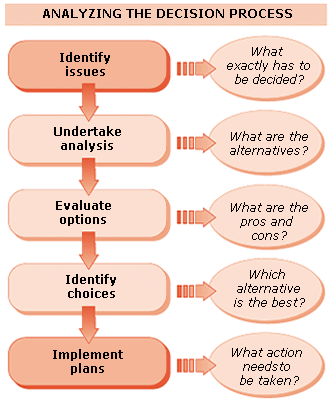Dorling Kindersley Limited
The Penguin Group
2 4 6 8 10 9 7 5 3 1
Published by the Dorling Kindersley Limited,
80 Strand, London WC2R 0RL
LONDON, NEW YORK,
MUNICH, MELBOURNE, DELHI
Dorling Kindersley Limited, Registered Offices: 80 Strand,
London WC2R 0RL, England
www.dk.com
First published in 1998 by Dorling Kindersley Limited. ISBN: 9780751306316
Copyright 1998 Dorling Kindersley
Text Copyright 1998 Robert Heller
This Digital Edition published 2009. ISBN: 9781405352376
E-Pub version prepared by DK Digital Content Services, London and DK Digital Media, Delhi.
No part of this publication may be reproduced, stored in a retrieval system, or transmitted in any form or by any means, electronic, mechanical, photocopying, recording, or otherwise, without the prior written permission of the copyright owner.
Introduction
Decisions are an essential part of life in and out of a work environment. Decision-makers are those who are responsible for making a judgment sometimes a crucial judgment between two or more alternatives. Making Decisions takes you through the whole process of making good, effective decisions, from initial deliberation to final implementation. It is suitable for anyone making work-related choices, whether they are new to decision-making or are seasoned managers. Information is provided on generating ideas, forecasting, assessing risks, and dealing with personnel issues. The content includes a self-assessment exercise, which allows you to judge your own decision-making abilities, and has 101 practical tips containing further vital information.
Analyzing Decision-Making
Part of a managers role is having to make a series of large and small decisions. Reaching the right decision in every situation is an ambition that is well worth striving to achieve.
Defining Decisions
A decision is a judgment or choice between two or more alternatives, and arises in an infinite number of situations from the resolution of a problem to the implementation of a course of action. Managers of people, by definition, must be decision-makers.

Examine every alternative closely before making a decision.

If you find that previous decisions are still workable, make use of them.
Who makes decisions?
A decision is a choice between a variety of alternatives, and a decision-maker is whoever makes such a choice. A decision can be made instantly but more often involves the decision-maker in a process of identification, analysis, assessment, choice, and planning. To arrive at a decision, a manager must define the purpose of the action, list the options available, choose between the options, and then turn that choice into action. Decisions and the process of decision-making are fundamental to all management processes just as they are to everyday life.
Categorizing decisions
The various types of decision a manager has to make include routine, emergency, strategic, and operational. Many decisions are routine: the same circumstances recur, and when they arise you choose a proven course of action. Some situations, however, are without precedent you make the decision on the spot as events unfold. This is emergency decision-making and can take up most of a managers time. The most demanding form of decision-making involves strategic choices: deciding on aims and objectives, and converting these into specific plans, or sub-decisions, is a managers most important task. Operational decisions, especially those concerned with people problems (including hiring and firing), require particularly sensitive handling.

Make long-term decisions with the short term in mind.

Change decisions that are no longer appropriate.

Reaching decisions by consensusDiscussing a problem with colleagues is often the best way to move towards a decision. When people get together, they often come up with unexpected solutions.
Breaking down the process
Reaching a decision involves a methodical thought process. The first step is to identify the exact issue that is being tackled, and to prioritize objectives. An analysis of the situation will reveal those options that are impossible or impractical to implement, leaving a manageable range of alternatives for more detailed assessment. At this stage the views of others may be enlisted. The advantages and disadvantages of each course of action should be carefully evaluated, keeping the ultimate goal in the forefront. Finally, a plan can be devised to show how the decision will be carried out.

Consider the implications of each decision they can be huge.

Try to foresee and prepare for any changes in a situation.
Comparing solutions
Most decision-making involves problem-solving, and managers can arrive at their answers in a wide variety of ways. For example, there might be a clear and correct answer (based on facts and figures); there might be an insight that feels right (based on experience); there might be a solution that you need to test by carrying it out (or submitting it to simulation); there might be a solution that works in the short term but not in the long term (such as throwing money at a plant bottleneck); or there might be a fuzzy solution one that seems to work but does not appear to have clear boundaries (such as launching a new product and waiting to see if it changes the parameters of the marketplace).

Always ask what can go wrong when you are making a decision.
Understanding risks
Most decisions involve an element of risk, though some are less risky than others. Sometimes, even when theoretical options exist, their disadvantages are so great that there is no real alternative. This may arise from a bad original decision. For example, a company has overstretched itself financially by deciding to invest in a new factory. It could decide to halt the project, but only at the risk of immediate financial collapse. That may be averted if the new plant eventually meets its targets. Therefore, to retreat is riskier than to proceed. Also, remember to watch for knock-on risks. Cutting staff may seem a safe decision, but not if it risks deterioration in customer service.

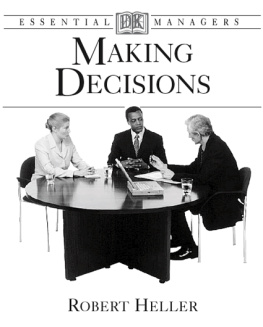

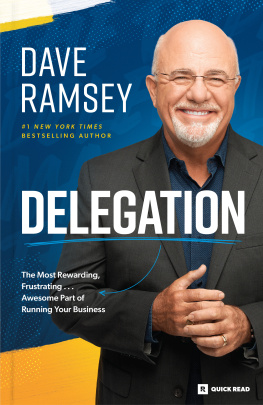

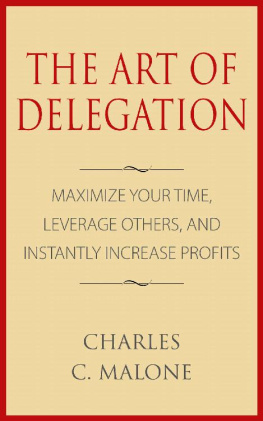
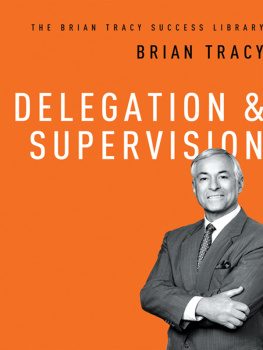

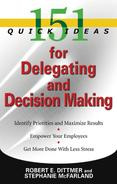
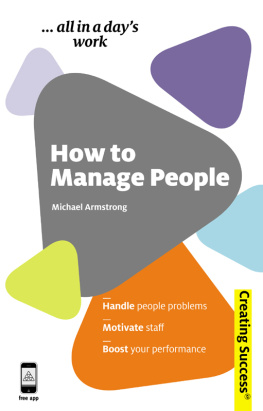



 Examine every alternative closely before making a decision.
Examine every alternative closely before making a decision.
